Away
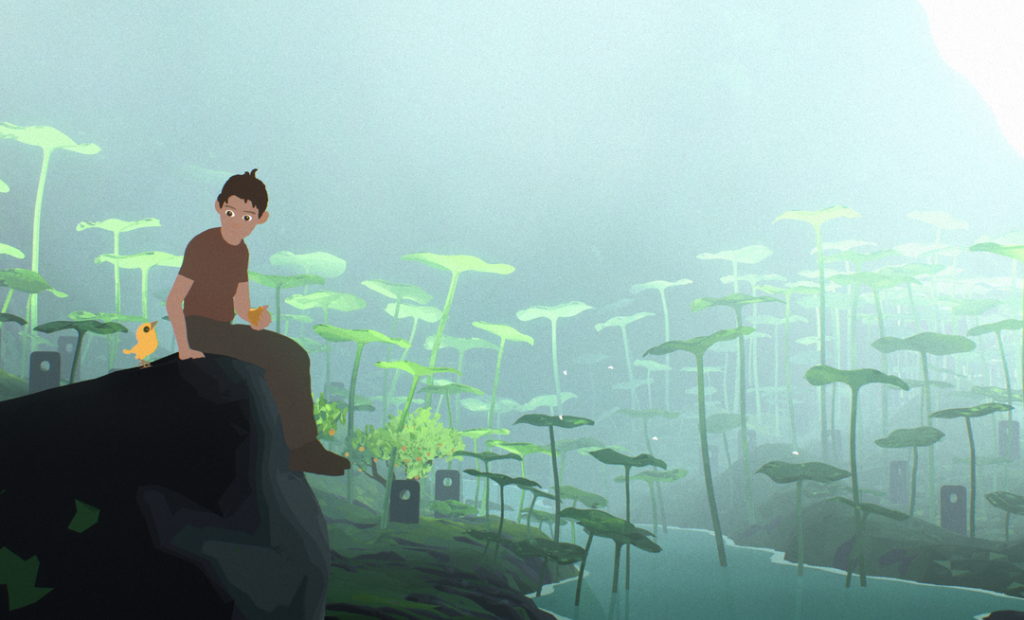
It’s apt that the solitary nature of the hero’s journey in Away mirrors it’s creator’s own endeavour when making his first, feature-length animated film. From the writing through to the production, Latvian filmmaker Gints Zilbalodis undertook the whole project alone. Unfortunately, this award-winning director might have benefitted from having a few other creative voices along the way. While sweet and aspiring, Away is just too paint-by-numbers for its own good.
After surviving a plane crash, a young boy must traverse a serene, mostly uninhabited island to return home. He’s stalked by an eerie, shadowy colossus (think The Iron Giant meets Spirited Away’s No-Face) that unrelentingly follows him wherever he goes. Joined by a young chick who can barely fly and an old motorbike he learns to harness, the boy must build his personal resilience to persevere.
It’s a fairly easy-going, uncomplicated adventure that forgoes any dialogue to communicate the character’s actions, thoughts and feelings instead through an unelaborate artistic style and ambient score reminiscent of Sigur Rós, Trent Reznor and Andrew Prahlow. Zilbalodis’s immersive compositions express the characters’ shifting emotional tones from trepidation to sadness, wonder and excitement, which are sometimes clearer than the animation itself. The computer-generated design and the distinct use of atmospheric, desolate landscapes strongly recall video-game influences from The Chinese Room’s Dear Esther, Team Ico’s Shadow of the Colossus and Hideo Kojima’s recent epic Death Stranding.
Notably, Zilbalodis seems to long for the breath-taking appeal of Hayao Miyazaki’s work. He certainly evokes it in Away’s cloudy, lush imagery and sweeping cinematography. Yet as he apes Miyazaki’s recurring visual motifs, the imagination and substance in Away’s story are severely lacking. The four-chapter structure invokes a fairy tale, but the result is as if Zilbalodis stitched together animated shorts amounting to a dull, flat, repetitive picture-book. Despite the animations being three-dimensional, the characterisation remains just in two.
Alongside the odd conveniences and self-defeating obstacles of the plot, any subtext beneath the occasional batch of discovered wildlife or our hero’s lurid dreams forks into either insufferably obvious, vague or peculiar. The threat of the mysterious, hulking giant is soon emptied, rendering a major driver in Away’s tension void. Ultimately, Zilbalodis’s inspiration from Miyazaki’s oeuvre is just schematic. He doesn’t capture even a glint of the famous Japanese animator’s idiosyncratic world-building and engrossing thematic depth.
The artistry doesn’t fully hold up here either. The stilted, mechanical movements of Zilbalodis’s creatures and characters (though, especially of the boy) reduce parts of Away to an unfinished, pre-rendered cinematic. These ungainly, mannikin-like figures clash with the vast vistas in the background that attempt to conjure up awe and beauty.
Away falls far from recent animated movies that have been compellingly written and gorgeously illustrated, such as Jérémy Clapin’s I Lost My Body (J’ai perdu mon corps) last year. While Zilbalodis should be commended for creating a film on his own, this admirable sole effort offers only a few visually striking moments rather than a genuinely transportive odyssey.
James Humphrey
Away is released nationwide on 28th August 2020.
Watch the trailer for Away here:

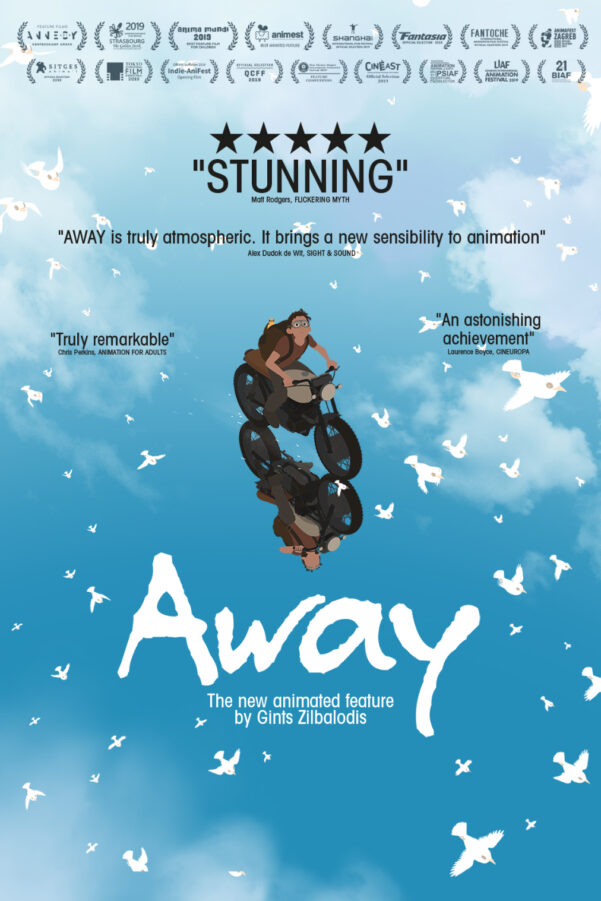
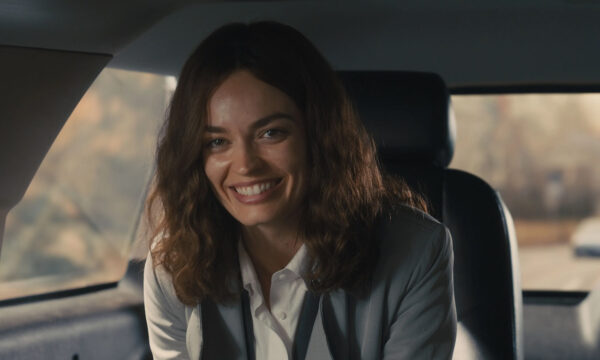
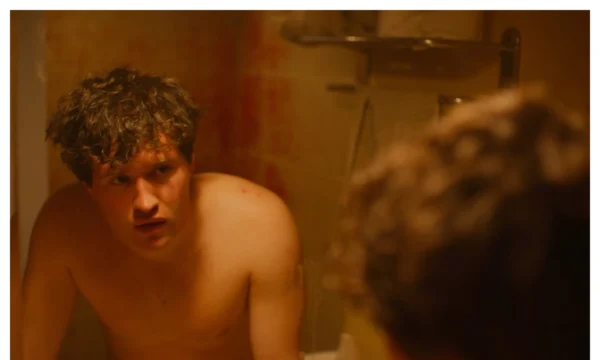


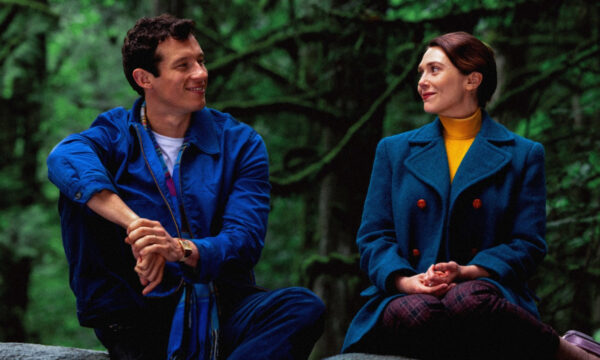

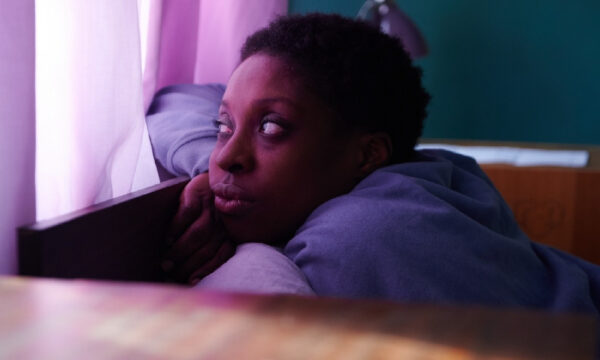

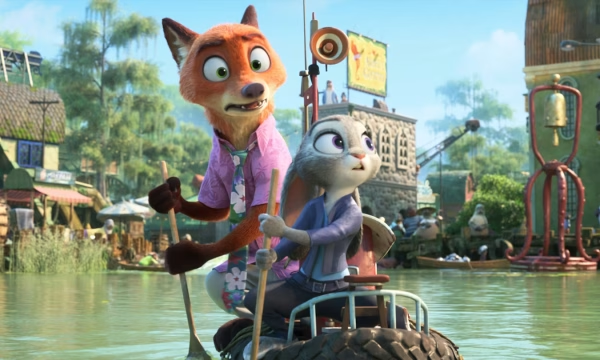















Facebook
Twitter
Instagram
YouTube
RSS